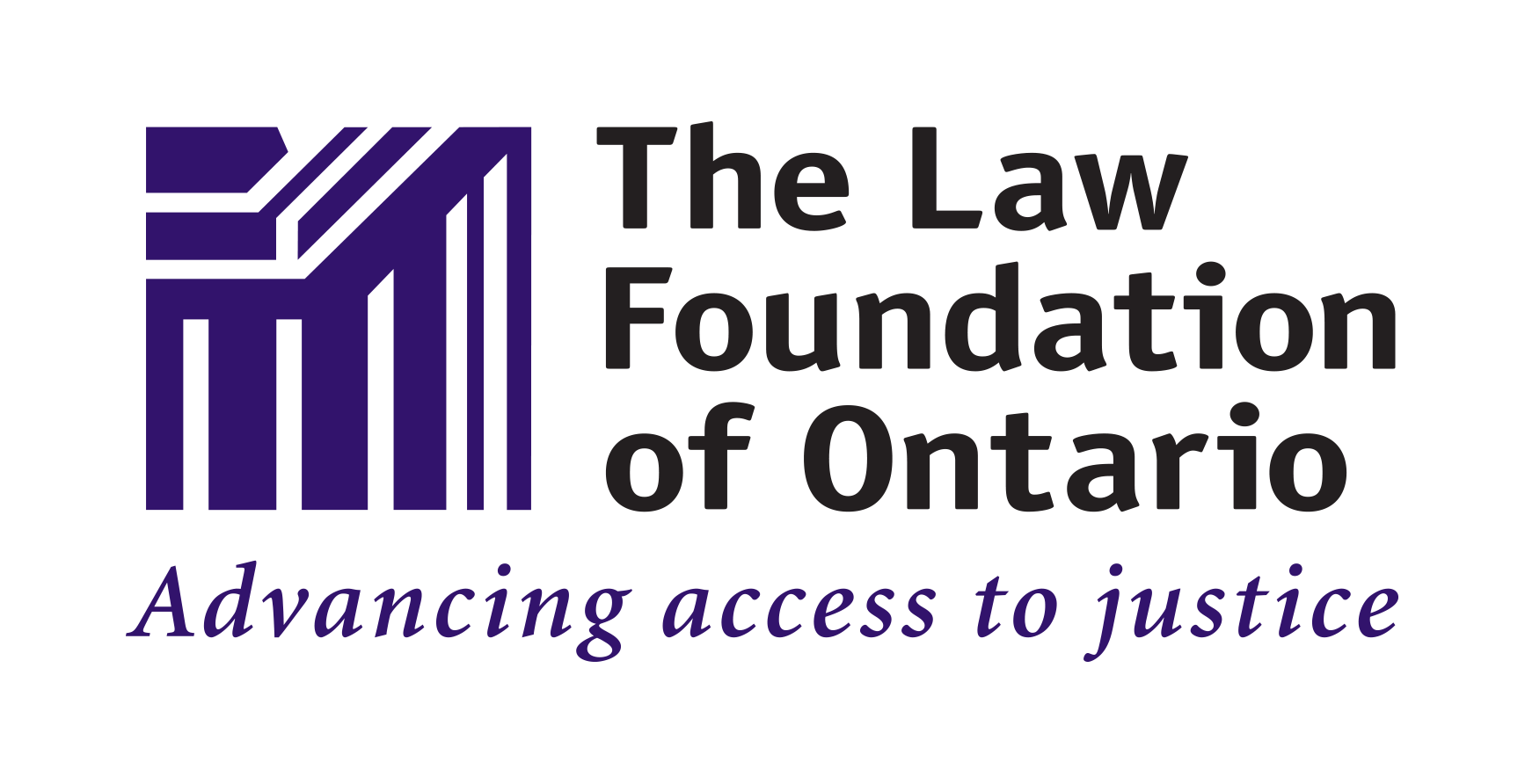Group RESP Research and Education Project
The Group RESP Research and Education Project
In 2016, SEED Winnipeg received a grant from The Law Foundation of Ontario Access to Justice Fund to conduct research and public legal education on group plan RESPs. With Dr. Jerry Buckland (Full Professor, International Development Studies, Menno Simons College), Dr. Gail E. Henderson (Assistant Professor, Faculty of Law, Queen’s University), Momentum (Calgary), and the Legal Help Centre of Winnipeg, SEED studied the regulation of group plan RESPs and the experiences of low-income subscribers. The project team also developed public legal education materials to support low-income RESP subscribers in understanding and making informed decisions about their RESP investments. A research report and educational materials were completed in June 2018.

What is a Group RESP?
A group RESP is an investment product that can help people save for a child’s post-secondary (university or college) education. When opening a group RESP, you contribute money to purchase “units” in the plan. A group RESP combines your contributions with money contributed by other people for their children. The amount of money each child gets for their post-secondary education depends on how much money is in the group account, how many children are going to post-secondary school that year, and how many units you purchased. It may also depend on the type of post-secondary program your child enrolls in.
A group RESP is for people who are fairly certain that the child will attend post-secondary school and who can make regular payments for many years. For people who may not be able to make regular payments or whose children may not attend post-secondary school, there are other types of RESPs, including individual plans and family plans, which may be more suitable.
For more information about group RESPs, please download our educational materials.
What did the research study find?
Six key findings emerged from the research results:

- Group plan RESPs are a complex financial product.
- The unique characteristics of group plan RESPs can be beneficial in promoting savings for children’s post-secondary education; however, if the product is not well aligned with the needs of the subscriber, participation in a group plan may be detrimental to a subscriber’s financial well-being.
- There continues to be significant representation of low-income subscribers in RESPs held by group plan promoters.
- Redistribution of earnings on contributions from subscribers who exit their plans early to those who stay to maturity is integral to the design of group plan RESPs. There are concerns that low-income subscribers may be more likely to exit these plans prior to maturity or prior to their beneficiaries accessing the full complement of Educational Assistance Payments (EAPs).
- More than half of the scholarship plan dealers that sell group plan RESPs have a history of non-compliance with the securities regulations that apply to the industry. Among other issues, compliance reviews found breaches of securities regulations related to selling plans to low-income investors for whom they were not suitable.
- Evidence from this study suggests that the non-profit status of group plan promoters and trust in community salespeople play an important role in motivating some low-income subscribers to open group plan RESPs.
The research results reinforced that there is a need to provide accessible and neutral information about RESP investment options to low-income families.
Downloads
Acknowledgements

We are pleased to acknowledge The Law Foundation of Ontario Access to Justice Fund, which provided financial support for the Group RESP Research and Education Project. While financially supported by The Law Foundation of Ontario Access to Justice Fund, the authors of the research report and educational materials are solely responsible for all content.

